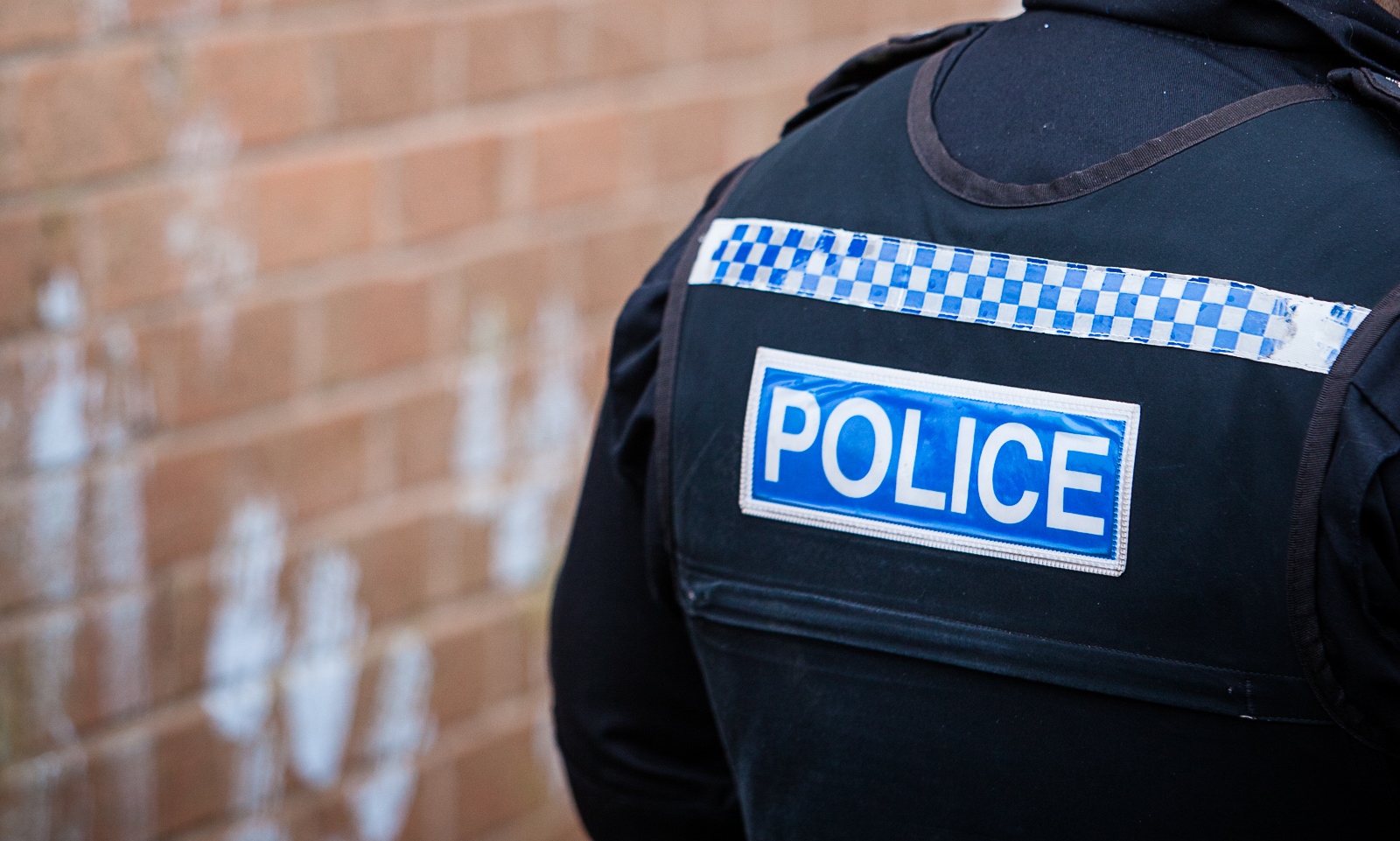Policing and mental health: Importance of spotting the signs
ONE of the biggest barriers for policing and police officers to overcome is the fear of the stigma of mental ill health.
Zuleika Payne, Chair of South Yorkshire Police Federation, said that “importantly the welfare of police officers
And she said the force had just signed up to the MIND Blue Light project.
More than eight in ten South Yorkshire Police officers think their workload is too high – and a similar proportion have experienced mental ill health or wellbeing issues in the last year, according to a survey by the Police Federation of England and Wales.
Around 81% reported feelings of stress, low mood, anxiety or other difficulties in the past 12 months, with 94% attributing this at least partly to work.
“We need to communicate to officers what help for them is available out there, most of which is advertised on the force intranet page,” said Zuleika. “And it’s for officers also to be open and not fear any stigma that they feel maybe attached to them.
“Unfortunately the fear of the stigma is still one of the biggest barriers for us as an organisation to overcome. And when it comes to mental health it can be how it’s viewed and how it’s regarded.
“It is also important to spot the signs. It could be that a colleague or a peer recognises somebody’s change in demeanour, or raises a concern, and it’s about being very open and frank with people and, crucially, early intervention.”
Zuleika said it was important for line managers to be a part of identifying officers being unwell. “Early intervention is key,” she added.
“What I would say is computers and cars can be easily fixed, but our most valuable asset is our officers so we must treat offier welfare as a priority. It is not in the interests of the organisation to have a broken workforce.
“Prevention is better than cure, so the minute a line manager or colleague has a concern or they spot the signs, it’s about being open with the individual, sitting them down and having that conversation.”

